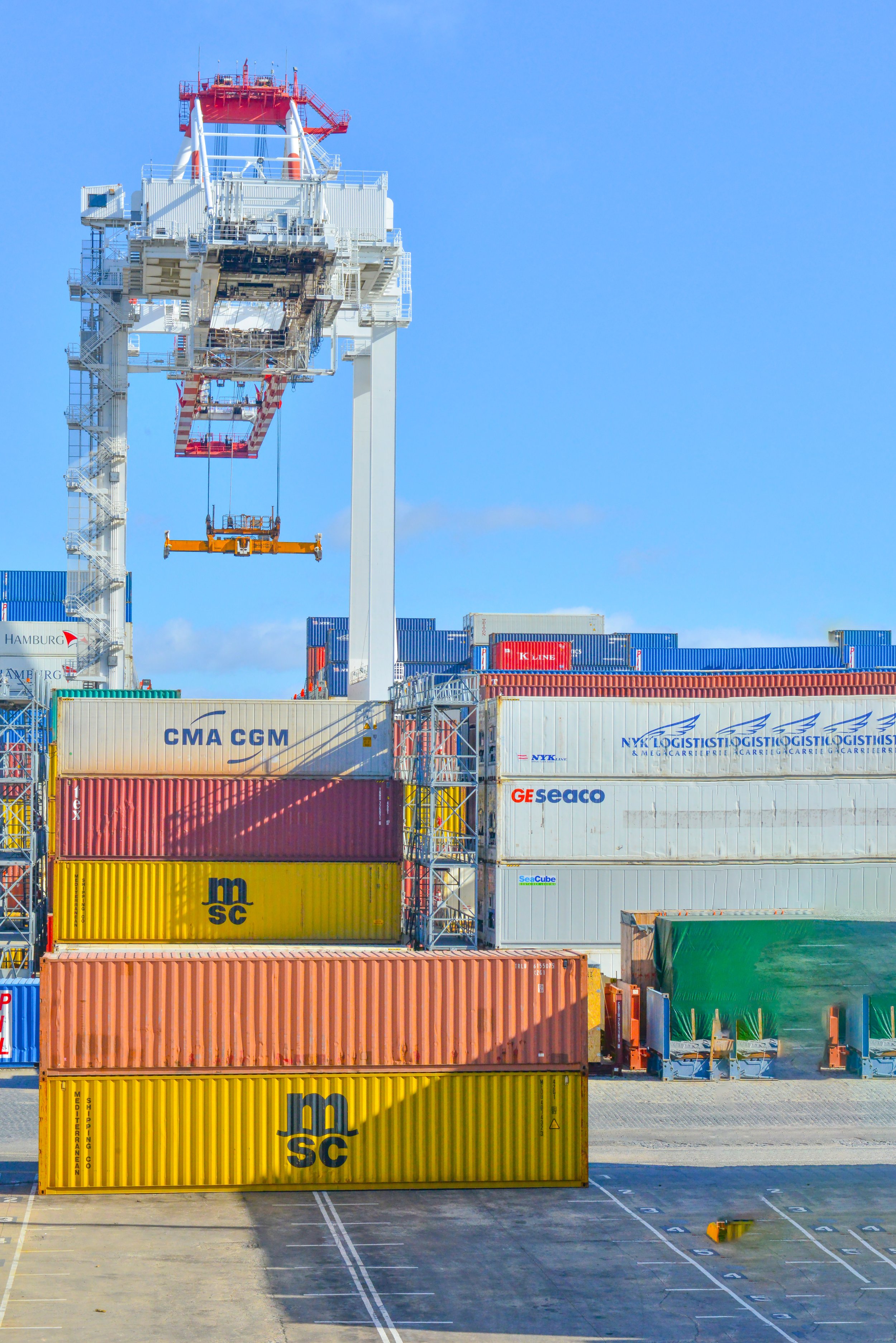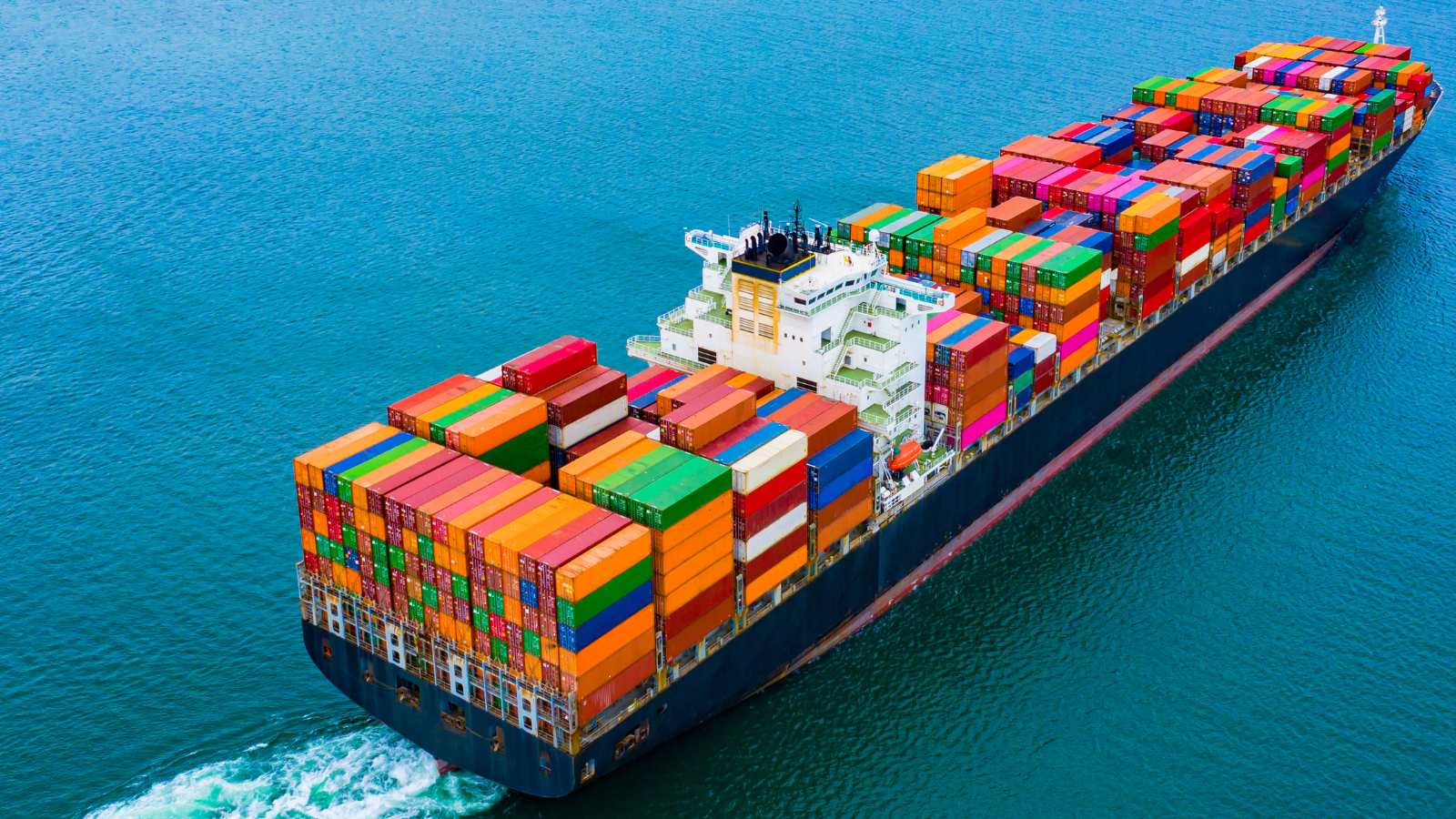US Container Import Volumes Show Marginal Decline in June, but Remain Higher Than Pre-Pandemic Levels
Descartes Systems Group's Global Shipping Report reveals that container import volumes in the United States slightly decreased in June compared to May 2023 but were significantly higher than pre-pandemic levels in June 2019. The report indicates improving global supply chain performance, with key challenges such as labor relations and port transit time delays showing signs of improvement. The National Retail Federation predicts that US container imports will reach their peak in August before gradually decreasing through September.
A top cybersecurity firm, ESET, has uncovered Chinese hacking attempts in the European cargo shipping industry, marking the latest instance of China-aligned groups infiltrating Western economic infrastructure.
Phil Yeager, the CEO of Hub Group, highlighted ongoing financial pressures during the company's recent earnings call, pointing to a soft market mainly caused by an excess of truckload capacity that hasn’t yet exited the industry.
Last month, a major incident occurred when Baltimore's Key Bridge, a crucial artery for transit and shipping, was struck by a cargo ship and collapsed.
The Panama Canal faced a shipping crisis due to a surplus of capacity, prompting restrictions that affected global trade.
The container shipping industry is grappling with a surplus of capacity, leading to a drop in customer rates that Maersk CEO Vincent Clerc described as unsustainable during the company's annual shareholder meeting.
Ocean Network Express (ONE) has partnered with Pan Pacific International Holdings Inc. (PPIH) and NAX Japan to launch the world's first trial of a dual-temperature refrigerated container equipped with Controlled Atmosphere (CA) functions.
The Port of Oakland experienced a decline in total container volume in June 2023 compared to the same month last year.
The freight industry is grappling with inflationary pressures, including labor cost increases and reduced consumer spending
The latest Cass Freight Index data suggests that the U.S. freight market may be nearing a bottom, with signs of a new cycle emerging.
The number of blank sailings in the global container shipping market has reached its lowest point since the pandemic began, indicating a path toward normalization, according to Sea-Intelligence.
Descartes Systems Group's Global Shipping Report reveals that container import volumes in the United States slightly decreased in June compared to May 2023 but were significantly higher than pre-pandemic levels in June 2019.
The Port Tracker report, published by the National Retail Federation and Hackett Associates, highlights labor concerns as a significant factor in assessing the state of US-bound container imports.
Container prices have experienced a significant drop, with the average price of 20ft dry containers in New York falling by 82% from its peak in June 2021.
Freight forwarders remain hopeful for a container demand recovery this year, according to a survey by Container xChange.
Container terminals at the Port of Los Angeles have reopened after work stoppages caused by labor disputes.
According to complaints filed with the U.S. Federal Maritime Commission (FMC), all of the top ten ocean container carriers have been accused of price gouging and unfair practices by shippers over the past 18 months.
The container shipping industry witnesses a record-breaking 27.5% decline in global long-term freight rates in May, marking the ninth consecutive month of rate drops, according to Xeneta's Shipping Index.
The Federal Maritime Commission (FMC) has imposed fines on carriers Ocean Network Express (ONE) and Wan Hai Lines, totaling $2.65 million, for violating the Ocean Shipping Reform Act of 2022 through unreasonable pricing practices related to demurrage and empty container returns.
ContainerPort Group has announced its relocation to a new eight-acre terminal in North Charleston, South Carolina.
Since implementing COVID restrictions and subsequently reopening its economy, China has been striving to generate positive momentum.
California's $2.8tn freight industry is facing a threat as Southern California's ports are losing their dominance due to the pandemic's cargo crush pushing the ports close to breaking point.
Shipping carriers are experiencing financial difficulties as container volumes continue to decrease since mid-2022.
Last month, the container volumes received by the U.S. dropped 28% in merely thirty days.
JD.com is looking to grow its US logistics arm into its third self-operating warehouse in California.
Intermodal refers to the transportation of goods or cargo using multiple modes of transportation, such as rail, truck, and ship, without handling the goods themselves when changing between modes.
China is a major player in global trade and a significant portion of the world's goods are manufactured there.
When United States rail carload and intermodal volumes are down, it generally indicates a decrease in demand for freight transportation services by rail.
Since 2015, the two largest container lines in the world have been in a vessel-sharing agreement (2M Alliance) - set to expire in 2025.
The Port of Oakland, like other ports around the world, is a critical hub for international trade and commerce.































A perfect storm in global trade is causing a major shipping container shortage, leading to unexpected spikes in ocean freight rates.